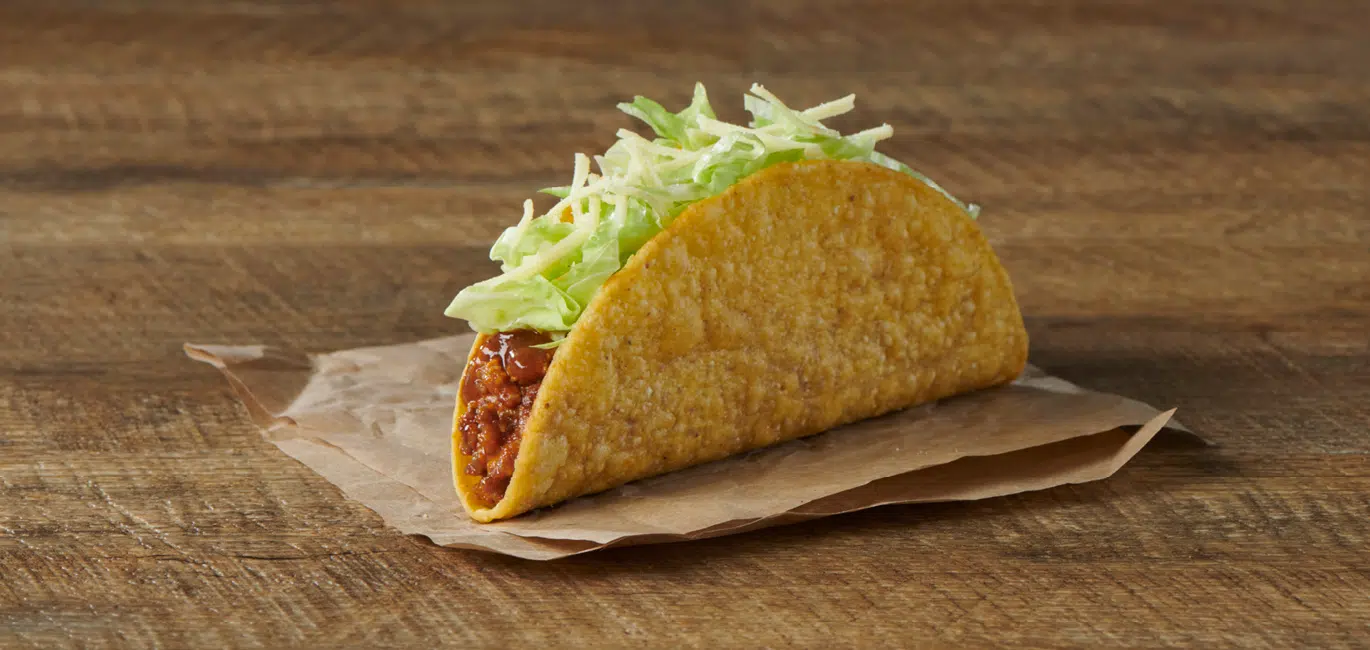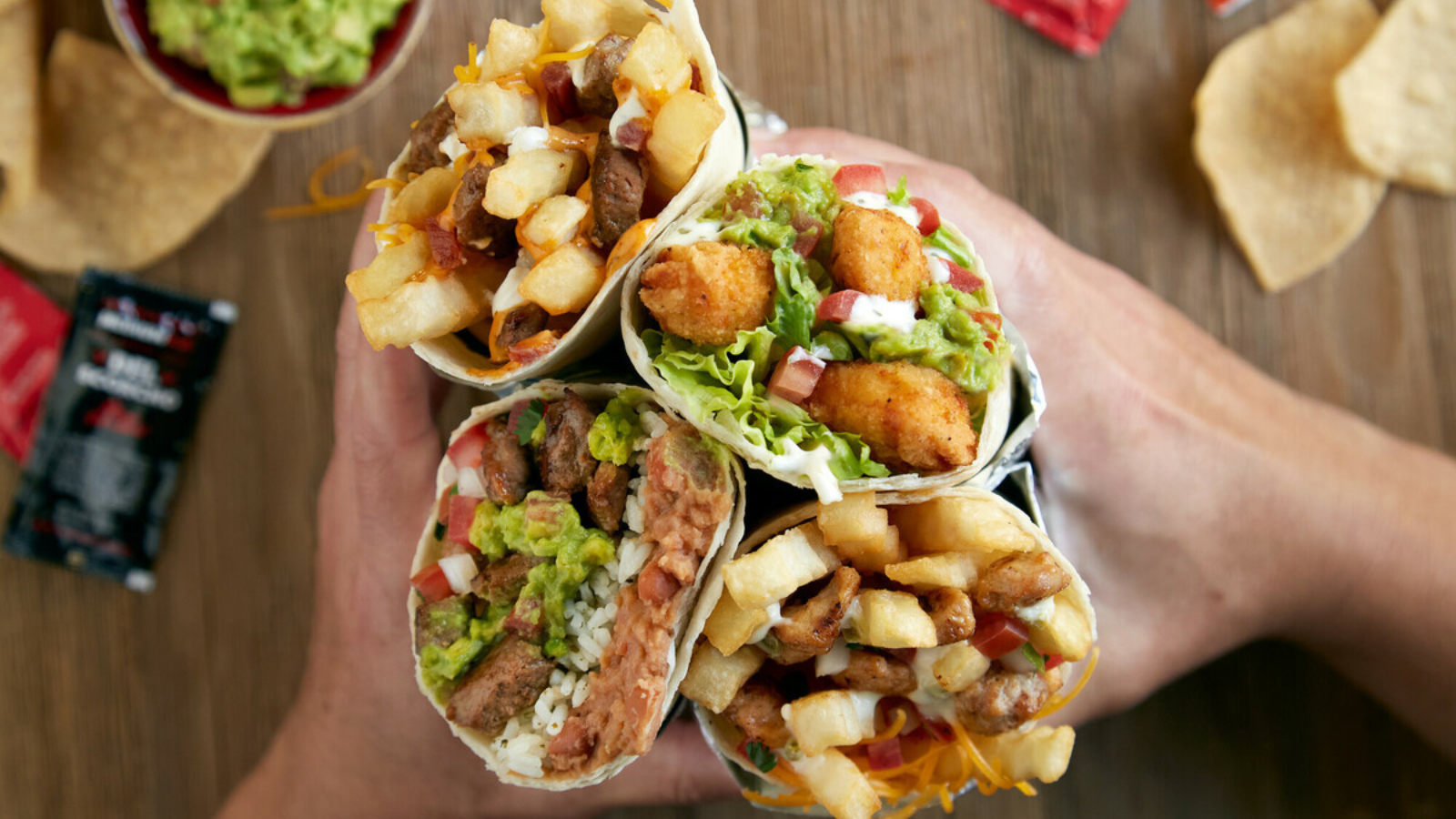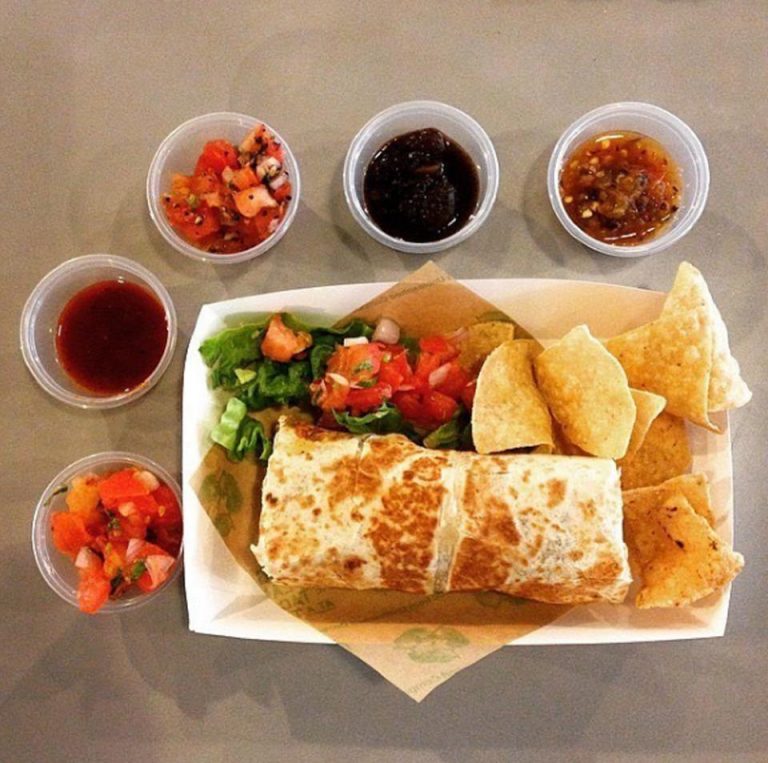Is the sizzle of success calling your name in the fast-paced world of franchising? The Mexican food franchise sector presents a compelling opportunity for entrepreneurs seeking to capitalize on a cuisine celebrated for its flavor, convenience, and enduring popularity.
The allure of Mexican cuisine is undeniable. Its vibrant flavors, often characterized by a delightful blend of savory, spicy, and fresh ingredients, have captivated palates worldwide. This inherent appeal, coupled with the increasing demand for convenient and satisfying dining options, positions Mexican food franchises at the forefront of the restaurant industry. The combination of a healthy reputation, due to dishes often including fresh vegetables and lean proteins, the bold, spicy flavors that tantalize taste buds, and the efficient nature of fast-casual dining, creates a powerful draw for consumers.
The franchise model itself is a significant advantage. It offers a proven business framework, established brand recognition, and access to operational support, reducing the inherent risks associated with starting a new venture. For aspiring business owners, the appeal is clear: a structured path to success within a market that demonstrates consistent growth. Let's delve into the specifics of this thriving sector.
The foundation of many successful franchises rests on the ability to serve familiar, wholesome food quickly and affordably. This is especially true in the quick-service restaurant (QSR) sector, where efficiency and standardization are paramount. Mexican restaurants, with approximately 37% operating under the QSR model, are well-positioned to capitalize on this trend. Cooking techniques are often streamlined, transforming the culinary experience into a standardized process that ensures consistency and ease of operation. This allows franchises to maintain their brand identity while expanding to new markets.
The Mexican food franchise landscape is diverse, offering a variety of concepts and investment levels. Several established brands have already made their mark, while others are actively seeking expansion. Chipotle Mexican Grill, a pioneer in the fast-casual Mexican segment, has become a household name. QDOBA Mexican Eats, another popular choice, and Baja Fresh Mexican Grill present further avenues for consideration. Beyond these prominent examples, a wealth of opportunities exists, including regional favorites and emerging concepts, each with its own unique offerings and target market.
Consider the case of Abelardo's Mexican Food, a brand known for its authentic cuisine and vibrant atmosphere. With a presence spanning several states, including Nebraska, Iowa, South Dakota, Kansas, Missouri, Oklahoma, and Illinois, Abelardo's provides a model of regional expansion and brand loyalty. Their diverse menu, coupled with catering services, illustrates the adaptability of Mexican food franchises, ensuring relevance and capturing diverse consumer needs. The availability of franchise opportunities highlights a clear pathway to ownership for entrepreneurs. Similarly, Rancheritos Mexican Food highlights the benefits of investing in established brands that already have a passionate fanbase, offering a solid foundation for entrepreneurs looking to build a thriving business.
Venturing into the franchise world requires careful consideration, and financial requirements vary depending on the brand and concept. Sombrero Mexican Food, for instance, offers a franchise opportunity with an upfront investment range that can reach up to $1,197,300, including a franchise fee of up to $30,000. The total investment covers various expenses, including real estate, equipment, initial inventory, and working capital. Another important aspect to note is the regulatory environment. Several states, including California, Hawaii, Illinois, Indiana, Maryland, Michigan, Minnesota, New York, North Dakota, Oregon, Rhode Island, South Dakota, Virginia, Washington, and Wisconsin, regulate the offer and sale of franchises, ensuring transparency and consumer protection. Prospective franchisees should conduct thorough due diligence, including reviewing the Franchise Disclosure Document (FDD), to understand the specific requirements and obligations before investing. The cost of establishing a Mexican food franchise can vary considerably, but in general, the initial investment will be a significant factor in your decision-making process.
Furthermore, market research and analysis are paramount. Identifying the target demographic, assessing local competition, and understanding consumer preferences are essential steps in determining the feasibility of a particular franchise. Analyzing factors such as population density, traffic patterns, and proximity to residential and commercial areas helps to determine the potential for success. Some businesses also offer detailed insights into market analysis to support potential franchisees, giving them the tools they need to succeed.
The global nature of the franchise model also opens opportunities in international markets. The Mexican food franchise sector is gaining traction in countries worldwide. Australia, for example, presents exciting prospects, with brands like TacoTime seeking expansion through franchising. The availability of Australian franchise opportunities in major cities, including Sydney, Melbourne, Brisbane, Adelaide, Perth, Canberra, and others, is a testament to the global appeal of Mexican food.
Beyond the established brands, the growth in the fast-casual and quick-service sectors has opened up exciting new possibilities. Innovative and smaller concepts are emerging, offering unique twists on traditional Mexican cuisine. These businesses often appeal to younger customers and those seeking customizable and health-conscious options. Considering these opportunities, and keeping current trends in mind, could be an important step in the decision-making process.
Franchising offers many advantages. It is a way for entrepreneurs to enter the restaurant business with a level of support and established systems. As an entrepreneur delves into the franchise model, the importance of a supportive franchisor cannot be stressed enough. Training programs, marketing support, and ongoing operational guidance are crucial in ensuring the success of a franchise. Successful franchisees will cite the importance of the training and operational support offered by their franchisor, as this support will help them avoid common pitfalls and adapt to the ever-changing marketplace. Additionally, the franchise model offers a degree of brand recognition. This means that, by and large, potential customers already know the name and the product, which can be critical to the success of a startup.
The path to owning a Mexican food franchise is paved with strategic choices and due diligence. By conducting thorough research, evaluating market conditions, securing financing, and adhering to franchise agreements, entrepreneurs can position themselves for success in this promising sector. It is crucial to understand that this information serves only as an overview and is not a comprehensive legal or financial guide. Prospective franchisees should seek professional advice to assess their specific situations and navigate the complexities of the franchise process.
The Mexican food franchise industry offers a blend of exciting growth opportunities, which are often driven by a commitment to authentic flavors and efficient operational systems. The market is diverse, with opportunities for entrepreneurs with different levels of investment and experience. Franchisees in the Mexican food industry will share their experiences and reviews in the market to increase awareness. The focus on quality ingredients, convenient service, and proven business models can lead to success in this dynamic sector.
As with any investment, exploring various franchises is paramount. Some of the best Mexican food franchises include brands such as Chipotle Mexican Grill, Baja Fresh, and Qdoba. Researching these establishments, understanding their specific franchise requirements, and determining whether they align with your business goals and financial capacity is important. Thorough comparison and evaluation is a key element of the process. In addition to the primary factors already discussed, such as upfront investment and franchise fees, potential franchisees must also evaluate the brand's reputation, operational support, and overall performance within their existing markets. The most crucial factors to consider are the brands that you are planning on partnering with.
Another important factor to evaluate is the brand's approach to marketing. Marketing is critical to the success of any franchise. A robust marketing strategy is key. This includes everything from advertising and promotional campaigns to digital marketing strategies. Some of the best franchises invest heavily in these areas, which benefits franchisees. Franchisees should evaluate the level of marketing support provided by the franchisor.
Furthermore, staying informed about industry trends and anticipating changes in consumer demand is crucial for long-term success. The Mexican food industry is known for its constant innovation, with new flavor profiles and dining concepts continuously emerging. Franchisees must adapt to stay ahead of the competition. This can involve offering new menu items, embracing digital technologies, and incorporating sustainable practices.
The future of the Mexican food franchise sector looks promising, with continued expansion and innovation expected. The demand for Mexican cuisine remains high. The industry will continue to evolve, offering diverse opportunities for both seasoned investors and aspiring entrepreneurs. With a solid business plan, a passion for Mexican food, and the right franchise partner, entrepreneurs can embark on a rewarding journey in this thriving sector.
The franchise model provides a pathway to ownership that reduces the risks of starting a restaurant. The combination of a popular cuisine, established brands, and the support of franchisors creates a compelling case for potential franchisees. The key to success lies in thorough research, strategic planning, and a commitment to operational excellence.


